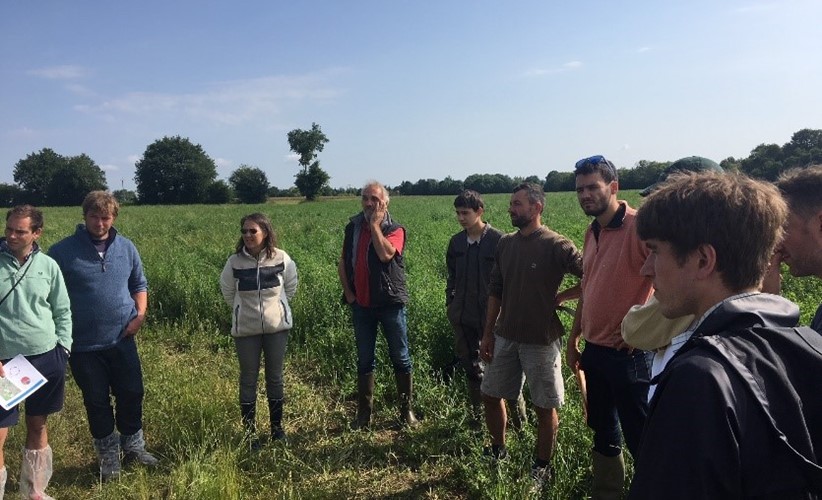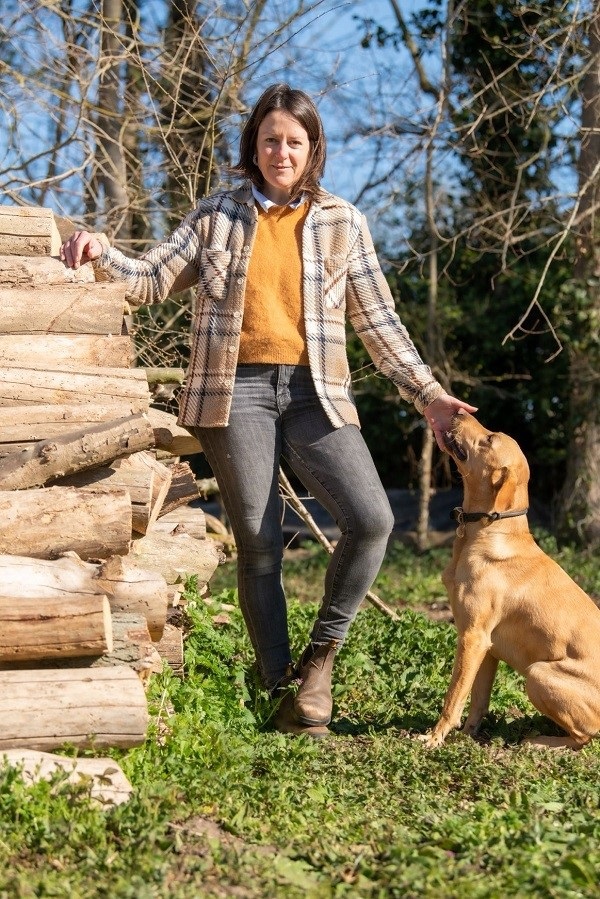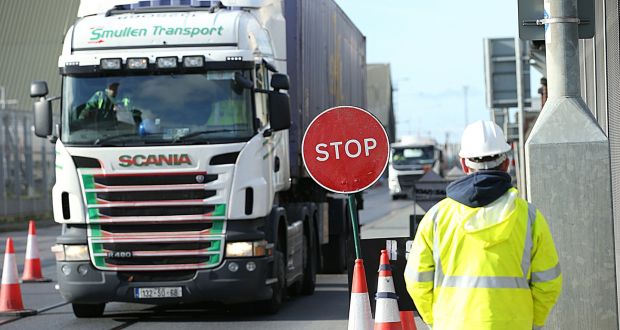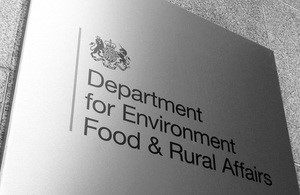
Category: Policy & Business




Organic Farming
The area of UK land managed according to organic principles increased in 2024 compared with 2023. Latest figures released on 8th May 2025 from Defra put the organic land area (both fully organic and in-conversion) at 503,000 hectares. This is a 1% increase compared to 2023 after a decline in the previous year. However, when broken down between fully organic and in-conversion land, the former fell by 1.7% to 454,000 hectares; the lowest since 2018. By contrast land in-conversion (after declining by 11% between 2022 and 2023) saw a strong increase, up by 36% to 49,000 hectares.
Organic land represents 3% (2.9% in 2023) of the total farmed area on agricultural holdings in the UK. Grassland makes up, by far, the largest organic area, with permanent pasture comprising 62% of the total, covering 311,000 hectares (307,000 hectares in 2023). This is followed by temporary grassland at 18% and cereals at 10%. The organic cereals area has remained stable at 50,000 hectares but the area of temporary grassland has fallen by 1.8% compared to 2023; to 90,000 hectares, down from 100,000 hectares in 2021.
In the meat sector, after experiencing a decline in 2023, both the number of cattle and sheep farmed organically decreased again in 2024. Organically reared sheep experienced a 6.5% drop (-5.8% in 2023) to 647,000 head; organic sheep account for 2.1% of the UK flock. Cattle numbers fell by 7.1% (-2.8% in 2023) to 270,000; making up 2.9% of the total UK herd. Organically reared pigs, experienced another large decline by 29% (-34% in 2023) to just 16,000 head making up only 0.3% of the total pig herd in the UK. Bucking the trend is poultry, the only category to record an increase, numbers were up by 11% (+19% in 2023) year-on-year. Organic poultry numbers now stand at 4.9 million birds and make up 2.8%(2.5% in 2023) of the UK’s flock.
In terms of organic operators in 2024, there were 5,133 producers and processors registered with the organic certification bodies in the UK, a decrease of 1.9% (4.8% in 2023) from 2023. The full details can be found at https://www.gov.uk/government/statistics/organic-farming-statistics-2024/organic-farming-statistics-2024-united-kingdom .





